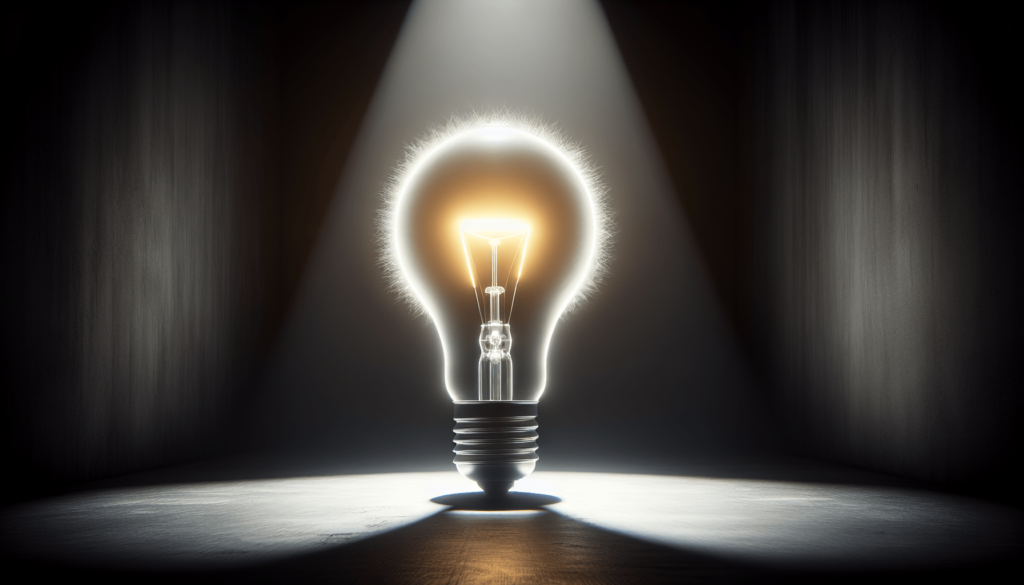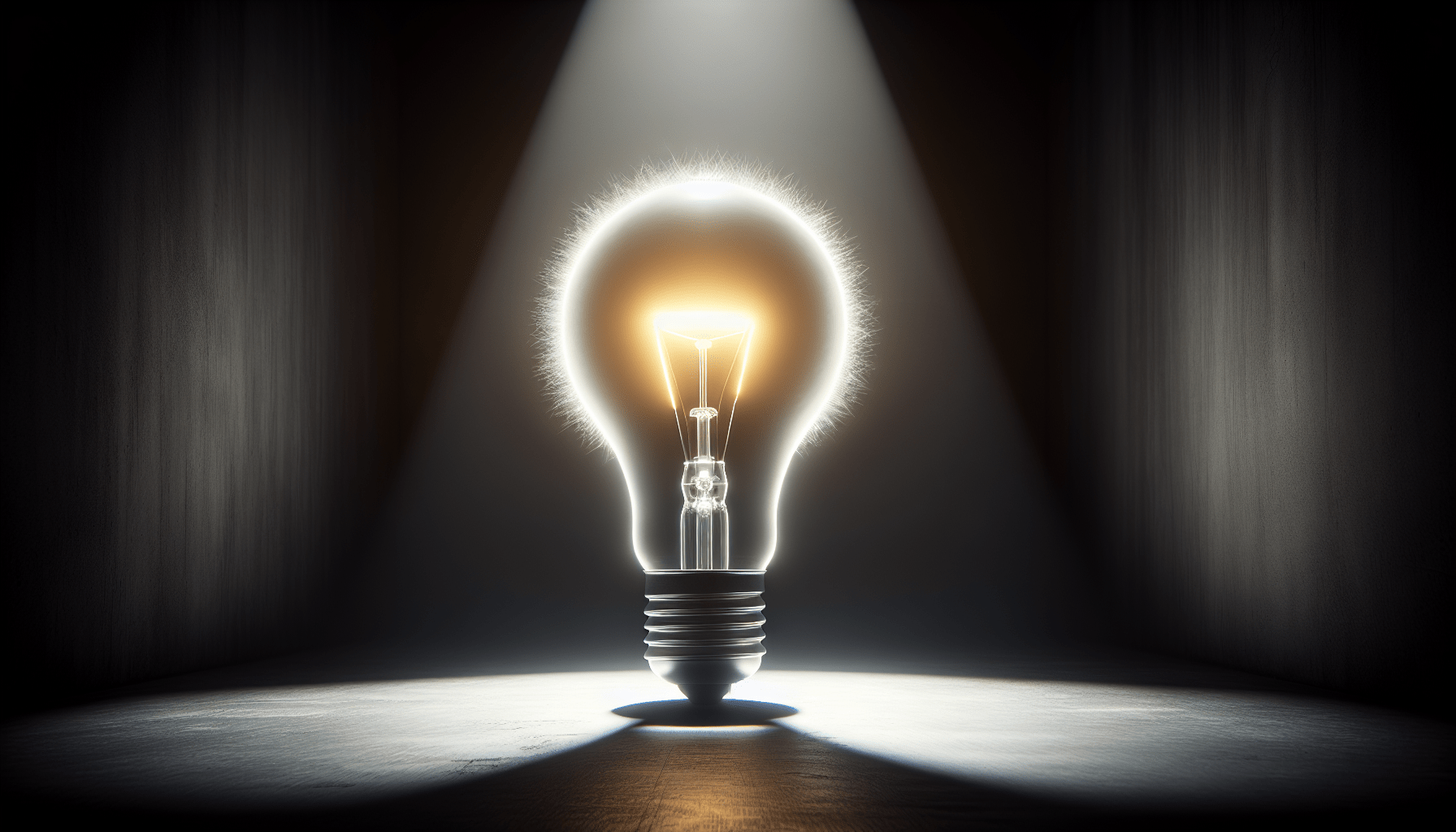Welcome to an insightful article on the importance of energy conservation in homes. By adopting simple habits and incorporating energy-efficient technologies, you can not only save money on your utility bills but also contribute to a healthier environment. From turning off lights when not in use to properly insulating your home, every small effort counts towards reducing your carbon footprint. Let’s explore some easy ways you can make a positive impact on both your wallet and the planet by conserving energy in your home.
The Importance Of Energy Conservation In Homes
Have you ever wondered how much energy your home consumes on a daily basis? How can you reduce your energy usage to not only save money but also help protect the environment? In this article, we will delve into the importance of energy conservation in homes and provide you with practical tips on how to make your home more energy-efficient.
Why You Should Care About Energy Conservation
You might be thinking, “Why should I care about energy conservation in my home?” Well, reducing your energy consumption has a multitude of benefits. Not only can it help lower your utility bills, but it also reduces your carbon footprint and helps alleviate the strain on our planet’s resources. By taking simple actions to conserve energy in your home, you can make a significant impact on both your wallet and the environment.
How Energy Is Consumed in Homes
Before we delve into ways to conserve energy in your home, it’s essential to understand how energy is consumed. Electricity and natural gas are the primary sources of energy used in homes, with heating and cooling, water heating, lighting, and appliances being the primary areas where energy is consumed. By addressing these key areas of energy consumption, you can effectively reduce your overall energy usage.
Heating and Cooling
Heating and cooling account for a significant portion of energy consumption in homes, especially in regions with extreme temperatures. To reduce energy consumption in this area, consider upgrading to a programmable thermostat, sealing leaks in your home’s insulation, and ensuring your HVAC system is well-maintained. By making these simple changes, you can improve the efficiency of your heating and cooling system and reduce your energy usage.
Water Heating
Water heating is another major contributor to energy consumption in homes. To reduce energy usage in this area, consider lowering the temperature on your water heater, fixing any leaks in your hot water pipes, and using energy-efficient appliances such as low-flow showerheads and faucets. By making these changes, you can lower your water heating costs and conserve energy in your home.
Lighting
Lighting is an essential aspect of energy consumption in homes, with incandescent bulbs being the least energy-efficient option. To conserve energy in this area, consider switching to LED or CFL bulbs, using natural light whenever possible, and turning off lights when not in use. By making these simple changes, you can reduce your lighting costs and minimize your energy usage.
Appliances
Appliances, such as refrigerators, washers, dryers, and dishwashers, are significant energy consumers in homes. To conserve energy in this area, consider investing in energy-efficient appliances, using appliances during off-peak hours, and setting your appliances to the most energy-efficient settings. By taking these steps, you can lower your appliance-related energy costs and reduce your overall energy consumption.

Simple Ways To Conserve Energy in Your Home
Now that you understand how energy is consumed in homes, let’s explore some simple ways to conserve energy in your home. These practical tips are easy to implement and can help you reduce your energy usage without sacrificing comfort or convenience.
1. Upgrade To Energy-Efficient Appliances
One of the most effective ways to conserve energy in your home is to upgrade to energy-efficient appliances. Energy Star-rated appliances are designed to use less energy while still providing the same level of performance. By replacing your old, inefficient appliances with Energy Star-rated models, you can significantly reduce your energy consumption and lower your utility bills.
2. Seal Leaks and Insulate Your Home
Sealing leaks in your home’s insulation and adding insulation where needed can help improve your home’s energy efficiency. By keeping warm air inside during the winter and cool air inside during the summer, you can reduce the strain on your heating and cooling system and lower your energy usage. Consider hiring a professional to conduct an energy audit of your home to identify areas where insulation and air sealing can be improved.
3. Use a Programmable Thermostat
A programmable thermostat allows you to set different temperatures for your home based on your schedule. By using a programmable thermostat, you can lower your heating and cooling costs by only heating or cooling your home when you’re there. This simple device can help you conserve energy in your home without sacrificing comfort.
4. Unplug Electronics When Not in Use
Many electronics consume energy even when they’re not in use. By unplugging electronics when they’re not being used or using a power strip to easily turn off multiple devices at once, you can reduce your energy usage. This simple action can help you lower your electricity bill and minimize your environmental impact.
5. Use Natural Light Whenever Possible
Instead of relying on artificial lighting during the day, make use of natural light in your home. Open curtains and blinds to let sunlight in, and position furniture to maximize natural light. By reducing your reliance on artificial lighting, you can lower your energy consumption and create a brighter, more inviting living space.
6. Opt for Energy-Efficient Lighting
As mentioned earlier, lighting is a significant energy consumer in homes. By switching to energy-efficient lighting options such as LED or CFL bulbs, you can lower your lighting costs and reduce your energy usage. These bulbs last longer and use less energy than traditional incandescent bulbs, making them a cost-effective and eco-friendly choice for your home.
7. Conserve Water
Conserving water is another essential aspect of energy conservation in homes. By fixing leaks in your plumbing, installing low-flow fixtures, and being mindful of your water usage, you can reduce the energy required to heat and pump water in your home. Additionally, consider collecting rainwater for outdoor use and using water-saving practices in your daily routines to further reduce your water-related energy consumption.
The Long-Term Benefits of Energy Conservation
By taking proactive steps to conserve energy in your home, you can enjoy a myriad of long-term benefits. Not only can you reduce your monthly utility bills and save money, but you can also increase the value of your home and contribute to a healthier environment. Energy conservation is a win-win for both homeowners and the planet, making it a worthwhile investment in your home’s future.

Conclusion
In conclusion, the importance of energy conservation in homes cannot be overstated. By understanding how energy is consumed in homes and implementing simple strategies to reduce your energy usage, you can make a positive impact on both your wallet and the environment. From upgrading to energy-efficient appliances to using natural light whenever possible, there are numerous ways to conserve energy in your home. By taking action today, you can create a more energy-efficient and sustainable living space for yourself and future generations to come.

